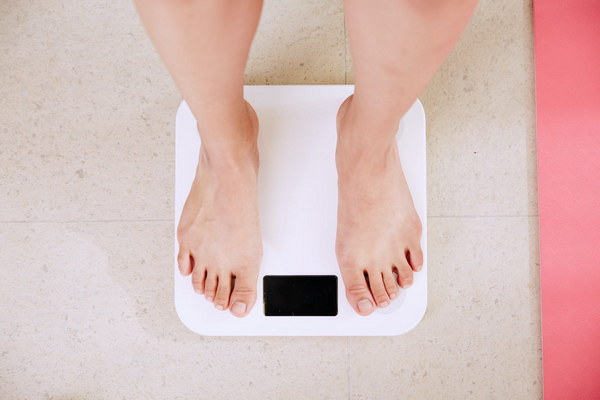Navigating Menopause A Guide to Balancing Your Body at 40
Navigating Menopause: A Guide to Balancing Your Body at 40
As women approach the age of 40, they may start to experience changes in their menstrual cycle, including irregular periods. This phase, often referred to as perimenopause, can be a challenging time for many women. Understanding how to manage and balance your body during this transition is essential to maintaining a healthy lifestyle. In this article, we will discuss the signs of perimenopause, ways to manage it, and tips for balancing your body at 40.
1. Understanding Perimenopause
Perimenopause is the time leading up to menopause, which typically occurs around the age of 50-52. During this period, the body's hormone levels begin to fluctuate, leading to various symptoms, including irregular menstrual cycles. Understanding these changes can help you better manage your health during this transition.
2. Signs of Perimenopause
Here are some common signs of perimenopause:
- Irregular menstrual cycles: Periods may become lighter or heavier, and the frequency may vary.

- Hot flashes: Sudden, intense feelings of heat that may be accompanied by sweating and a rapid heartbeat.
- Night sweats: Similar to hot flashes, but they occur during sleep.
- Mood swings: Emotional instability, including irritability, anxiety, and depression.
- Vaginal dryness: Decreased lubrication can lead to discomfort during sexual intercourse.
- Sleep disturbances: Difficulty falling asleep, staying asleep, or waking up frequently during the night.
- Fatigue: Feelings of tiredness or exhaustion, even after a full night's sleep.
3. Managing Perimenopause
To manage perimenopause, consider the following strategies:
- Maintain a healthy diet: A balanced diet rich in fruits, vegetables, whole grains, and lean proteins can help regulate your hormone levels.
- Exercise regularly: Regular physical activity can improve your mood, reduce stress, and promote better sleep.
- Practice relaxation techniques: Activities such as meditation, yoga, and deep breathing can help manage stress and reduce symptoms like hot flashes and night sweats.
- Get enough sleep: Prioritize sleep by establishing a regular sleep schedule and creating a comfortable sleep environment.
- Stay hydrated: Drink plenty of water throughout the day to support overall health and help manage symptoms like vaginal dryness.
- Consider hormone therapy: If symptoms are severe, consult with your healthcare provider about hormone therapy, which can help regulate hormone levels and alleviate symptoms.
4. Balancing Your Body at 40
Balancing your body at 40 involves a combination of lifestyle changes, proper nutrition, and regular health check-ups. Here are some tips to help you maintain a balanced body:
- Prioritize your health: Make your health a priority by scheduling regular appointments with your healthcare provider.
- Stay active: Engage in activities you enjoy, such as walking, cycling, or swimming, to maintain muscle strength and cardiovascular health.
- Maintain a healthy weight: A balanced diet and regular exercise can help you maintain a healthy weight, which is essential for overall health.
- Practice self-care: Take time to relax, engage in hobbies, and connect with friends and family to reduce stress and improve your mental health.
- Support your bone health: As women age, they become more susceptible to osteoporosis. Ensure you're getting enough calcium and vitamin D through diet and supplementation, if necessary.
In conclusion, navigating perimenopause and balancing your body at 40 involves understanding the changes your body is going through, managing symptoms, and making lifestyle changes that support your overall health. By taking proactive steps to address these changes, you can maintain a balanced, healthy lifestyle during this critical phase of your life.









